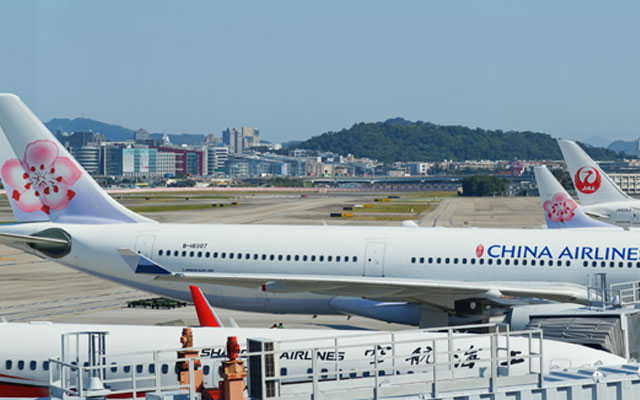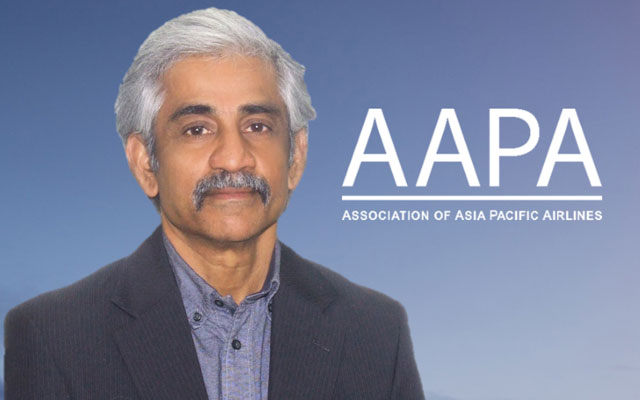Business continuity remains central to the work of the Association of Asia Pacific Airlines (AAPA) as cross-border travel continues to be stifled, with key stakeholders in the aviation sector jointly declaring on November 13, at the conclusion of the AAPA Assembly of Presidents, their solidarity and commitment to work with governments to revive air travel.
The Assemble was held with the International Air Transport Association and the Airports Council International Asia-Pacific.

Subhas Menon, director general of AAPA, said: “Facing indefinite border closures, airlines are under enormous pressure to minimise losses and conserve cash as they endeavour to survive the crisis.”
AAPA estimates that regional airlines will account for more than US$29 billion in losses this year – one-third of global airline losses.
In addition to the joint declaration, the AAPA Assembly of Presidents issued a number of resolutions addressing various industry priorities.
For instance, it viewed the setting up of a robust international testing framework, based on mutually-recognised accredited facilities delivering rapid, accurate, affordable and scalable testing prior to departure, coupled with other risk mitigation measures recommended by the International Civil Aviation Organization (ICAO), as an effective approach to safely restart international air travel. It also viewed blanket quarantine measures to be a significant deterrent to air travel.
Menon believes that strong multilateral collaboration among governments to relax travel restrictions and quarantine requirements based on risk assessment and medical evidence, will be key to aviation recovery.
Noting that a broad framework conducive to the early restart and recovery of aviation is urgently needed, AAPA has called on governments to refrain from increasing the burden of aviation levies in any form and to support Asia-Pacific airlines as they face unprecedented financial and operational challenges due to the prolonged grounding of international aviation.

Menon said: “The ICAO Council Aviation Recovery Taskforce (CART) guidelines established earlier this year provide practical guidance to governments and industry to restart aviation and recover from Covid-19 in a coordinated manner, while keeping the safety, health and well-being of the travelling public as a top priority. Inconsistent and patchy measures create unpredictability and confusion for both travellers and airlines, while hampering the meaningful restart of cross-border air transport.
‘”The prolonged closure of borders has had deep and lasting effects on the public and the wider economy. It has now become critical to improve collaboration and cooperation across borders so as to mitigate further damage and jumpstart recovery efforts. Asia-Pacific airlines are firmly committed to working with governments and other stakeholders to rebuild passenger confidence and pave the way for the meaningful recovery of travel and tourism as essential services supporting commerce and livelihoods within the region and across the world.’’
While he said efforts by governments to initiate green lanes, fast lanes and travel corridors have not provided much respite from the decimation of demand in the region, due to onerous requirements of such schemes, he acknowledged that the unique Singapore-Hong Kong travel bubble, which will come into play on November 22, is a positive step in the right direction.




















